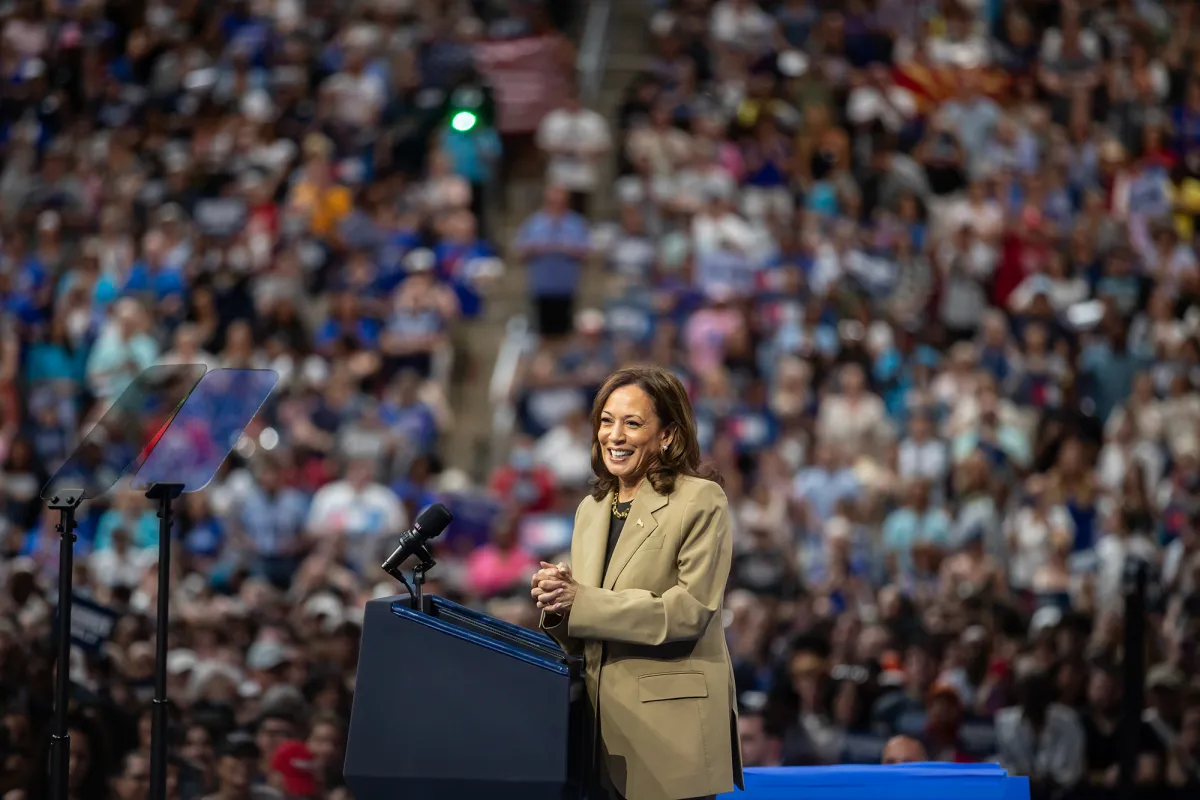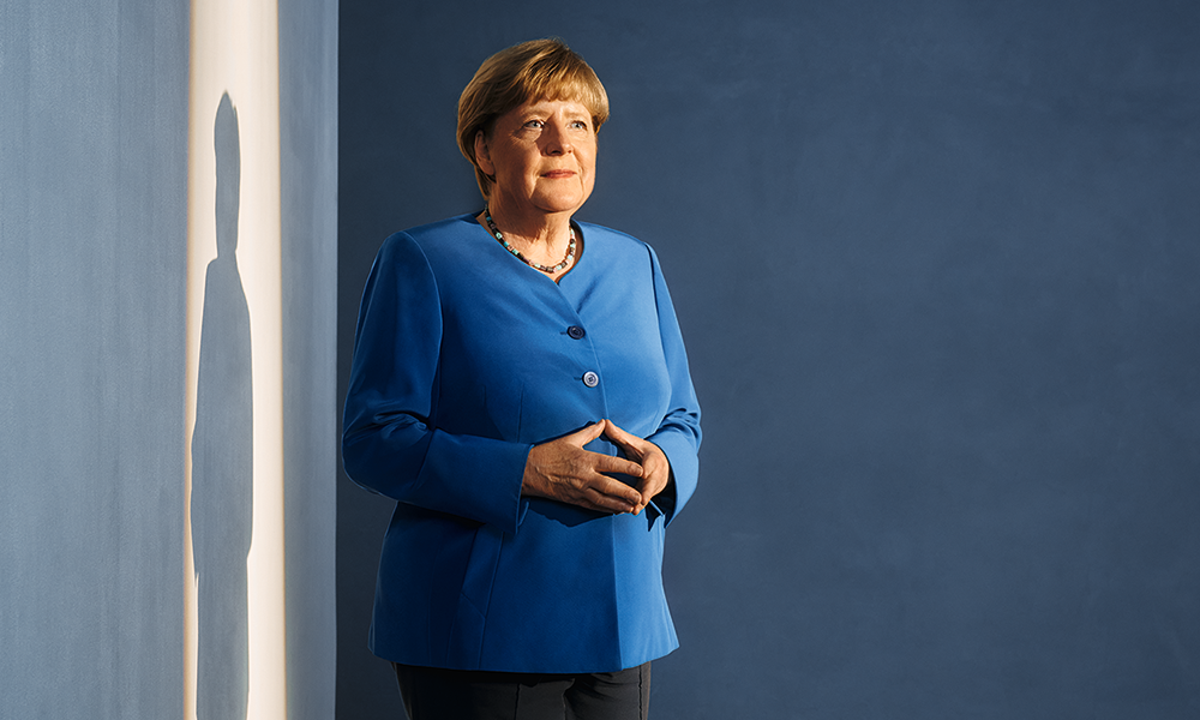Women in Politics: The Rising Influence of Female Leaders
Over the past few decades, women have increasingly made their mark in politics, challenging traditional gender roles and reshaping political landscapes around the world. While women have historically been underrepresented in political leadership, today’s female politicians are breaking barriers and driving significant change. From heads of state to influential lawmakers, women are wielding more power than ever before. This article explores the rising influence of female leaders in politics and how they are making a difference in the political world.

Breaking Down Historical Barriers
A Long Journey Toward Equality
Women have always been active in politics, but their participation in leadership roles was historically limited. In many countries, women gained the right to vote and run for office only in the 20th century. Even after gaining the right to vote, societal expectations and political structures often kept women from rising to positions of power.
However, over time, women around the world began to challenge these barriers. The suffrage movements of the late 19th and early 20th centuries paved the way for women to become more involved in politics. While their numbers were still limited, their presence grew steadily over time. The 21st century has seen an explosion of female political leaders across all levels of government, with women increasingly occupying key positions in both national and international politics.
Female Heads of State: A Growing Presence
Powerful Women Leading Nations
One of the most visible signs of women’s growing influence in politics is the increasing number of female heads of state and government. These women have not only shattered glass ceilings but have also demonstrated leadership on the global stage.
-
Jacinda Ardern – Prime Minister of New Zealand, Ardern has become a globally recognized figure for her leadership during crises such as the Christchurch mosque shootings and the COVID-19 pandemic. She has been praised for her compassionate leadership style, which prioritizes kindness, inclusion, and well-being.
-
Angela Merkel – Chancellor of Germany for over 16 years, Merkel was one of the most influential women in global politics. Her steady hand during crises like the European financial collapse and the refugee crisis earned her international respect.
-
Ellen Johnson Sirleaf – As the first elected female head of state in Africa, Sirleaf served as the President of Liberia from 2006 to 2018. She played a pivotal role in her country's post-civil war recovery and was awarded the Nobel Peace Prize for her efforts to advance women's rights and peace.
These women, among many others, have proven that female leadership can be just as effective, if not more so, in managing countries and addressing national and global challenges.
Women in Legislatures: Shaping Policy and Law
Increasing Female Representation in Parliaments
In addition to heading governments, women are also making significant strides in national legislatures. While women still represent a minority in most parliaments worldwide, their numbers are steadily rising, and they are increasingly influencing policies related to gender equality, healthcare, education, and human rights.
-
Kamala Harris – As the first female Vice President of the United States, Kamala Harris has broken multiple barriers. Her rise to one of the highest political offices in the world signals a shift in how women are viewed in positions of power. Harris has made history, but she also continues to advocate for policies that improve healthcare, education, and civil rights.
-
Sanna Marin – The youngest serving prime minister in the world, Marin became the leader of Finland in 2019 at the age of 34. Her government has focused on progressive policies, including addressing climate change and ensuring social welfare.
-
AOC (Alexandria Ocasio-Cortez) – As a member of the U.S. House of Representatives, Ocasio-Cortez is one of the youngest women ever elected to Congress. Known for her progressive stance on issues like climate change, healthcare, and social justice, she represents a new generation of female leaders who are using social media to amplify their voices and challenge traditional political structures.
Women in legislatures are playing a crucial role in shaping policies that reflect the needs and perspectives of a diverse population. With an increasing number of women in office, the conversation around gender equality, reproductive rights, and diversity has gained more traction.
The Role of Women in Social and Political Movements
Advocating for Change from the Ground Up
Beyond elected office, women have also been at the forefront of social and political movements that push for change. From grassroots activism to large-scale campaigns, female leaders have used their voices to advocate for rights and reforms in areas like gender equality, racial justice, and environmental sustainability.
-
Malala Yousafzai – After surviving an assassination attempt by the Taliban for advocating girls' education in Pakistan, Malala became the youngest-ever Nobel Prize laureate. She continues to champion education for girls worldwide, using her platform to raise awareness about the importance of equal opportunities for women.
-
Greta Thunberg – A Swedish environmental activist, Thunberg has led a global movement calling for urgent action on climate change. Through her "Fridays for Future" campaign, Thunberg has inspired millions of young people, particularly young women, to demand policy changes for a sustainable future.
-
Tarana Burke – The founder of the #MeToo movement, Burke has been instrumental in bringing awareness to sexual harassment and assault. Her efforts have sparked a global conversation about sexual violence and the power dynamics that enable it.
These women have used their platforms to amplify the voices of the marginalized and lead social movements that are challenging outdated norms and advocating for long-overdue reforms.
Challenges and Barriers Still to Overcome
Gender Inequality and the Road Ahead
While female leaders have made significant progress in politics, challenges still remain. Women in politics continue to face gender-based discrimination, bias, and violence. The political arena can be especially harsh toward women, with female politicians often subjected to personal attacks, harassment, and stereotyping.
-
Representation Gap: Women are still underrepresented in many parliaments and political offices, particularly in low-income countries and developing regions. Cultural, social, and institutional barriers often limit women’s access to political power.
-
Gender Bias: Female politicians are often judged more harshly than their male counterparts. Leadership qualities such as assertiveness and decisiveness may be viewed positively in men, but they are often seen as "too aggressive" or "unfeminine" in women.
-
Violence and Harassment: Female politicians, especially those in volatile regions, are more likely to face violence and threats of violence due to their gender. This creates a hostile environment that discourages many women from pursuing political careers.
Despite these obstacles, women continue to push forward, determined to break through the barriers that have traditionally kept them from political power.

The Future of Women in Politics
A Bright Outlook for Women Leaders
The rise of female leaders has brought about meaningful change in the political world, but there is still much work to be done to achieve true gender equality in politics. As more women run for office, serve in key positions, and lead social movements, the future of politics looks more inclusive and diverse.
Female politicians bring unique perspectives and life experiences that are essential for creating policies that serve everyone. As gender norms continue to evolve, it is likely that the political world will become increasingly shaped by women who are determined to make the world a better place for future generations.
Conclusion
The influence of women in politics is undeniable and continues to grow stronger. From breaking down historical barriers to leading nations and advocating for change, women are leaving an indelible mark on the political landscape. While challenges remain, the increasing presence and power of female leaders signal a future where women’s voices are heard and their contributions are valued in shaping global politics. The rising influence of women in politics is not just a trend—it’s a transformative movement that is changing the world.












